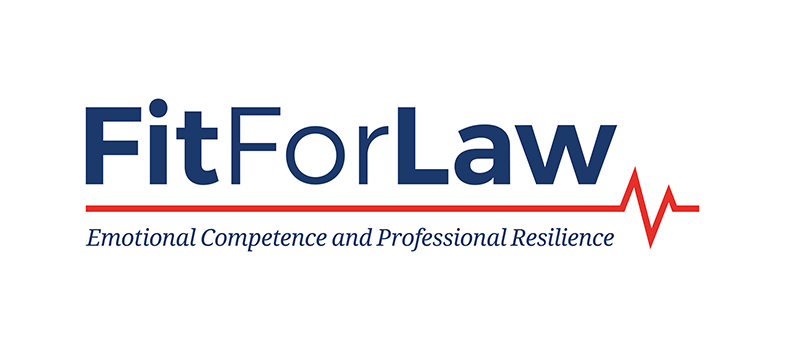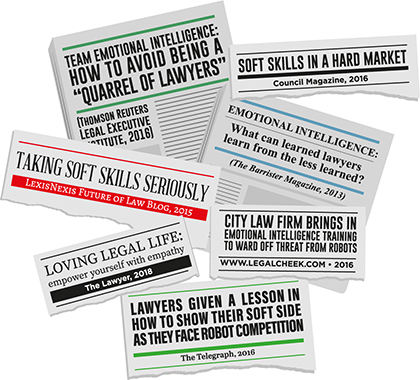2. Meeting the challenges of today’s legal profession
This section includes:
- Explanatory text.
You should allow yourself 5 minutes to complete this section.
All sectors of the legal profession in the UK and Republic of Ireland have seen significant changes and challenges in recent decades. This includes increased de-regulation (for example, through the Legal Services Act 2007), fragmentation into a huge diversity of offerings and organisations, and a growth in competition (so-called “Tesco law”). As a result, there has been a growing emphasis on profitability within legal practice.
There are suggestions that traditional notions of professionalism are being eroded by the idea of law as a business. In light of developments such as the proposed online courts, and the increasing use of artificial intelligence to undertake a range of legal tasks, there has also been a large amount of discussion over the possible threat new technologies could pose to existing legal roles.
As the above headlines demonstrate, one of the ways in which many sectors of the legal profession are seeking to differentiate themselves from potential competition and threats is through emphasising their ability to offer personalised, high quality client care. This need for better client care has led to phrases such as “emotional intelligence”, “resilience” and “soft skills” becoming increasingly referred to in the legal press.
Although each of these concepts have some differences in emphasis and interpretation, underlying them are fundamental psychological principles about the importance of emotional competence and the need to acknowledge, explore and apply this appropriately within legal practice.
There is an increasing understanding that traditional forms of legal education and training may not always equip legal practitioners to deal with the evolving legal working environment, and provide the form of client care required, in an effective and psychologically healthy manner. Thinking back to your education and training, do you recall being taught about how to develop emotional competence, “soft skills” or professional resilience to inform and improve your legal work? You may have received very little training in these areas, but the trends of working practices in law indicate that these skills are growing in importance and relevance for legal professionals.
“If I don’t understand my emotions and where they come from, then I could be scared of them, and that can have me act out and play out in different ways that impact on my physical and mental wellbeing.”
There is a growing body of evidence that indicates traditional ways of practising law, which often ignore emotion and wellbeing, are having a detrimental impact on the emotional and psychological wellbeing of legal practitioners and impacting on the effectiveness of legal work. Navigating the rapidly changing, unpredictable and demanding legal workplace can add to the demands already placed upon legal professionals. It is important to counteract this by equipping them with an understanding and awareness of the role of emotional competence and professional resilience.
“And you’re being thrown into scenarios which training does not provide for and probably couldn’t provide for and having to learn to react to them on your feet and all of that. I can remember my first few days in court being some of the most stressful days of my life…”
The aim of these online educational materials is to draw out some of the key, evidence-based principles to provide a proactive approach to developing and enhancing ways of working within law.
1. Welcome to Fit for Law

